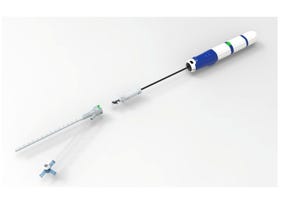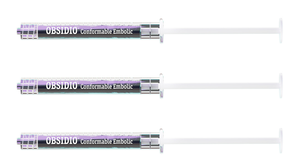Researchers at James Cook University in Australia found that material commonly used for fish allergy testing is unreliable.
April 15, 2019

A study from researchers at James Cook University (JCU) in Australia is shedding new light on diagnostics for fish allergies. The team led by PhD candidate Thimo Ruethers from JCU's Australian Institute for Tropical Health and Medicine (AITHM) found that materials in fish allergy tests could be unreliable.
Researchers evaluated 26 commercially available fish preparations used for skin prick testing, the most common way of diagnosing fish allergy in Australia.
"We found the amount of allergens present varied greatly, and in some preparations major fish allergens could not be detected. This means many skin prick tests that show a person being tested is not allergic to fish may be wrong," Ruethers said in a release.
Ruethers said results from skin prick testing need to be questioned as the current preparations appear unreliable in diagnosing fish allergy.
The research team at JCU currently evaluates over 100 Australian fish species for their allergens. A recent discovery was the 'ray of hope' for fish allergy sufferers. This found that fish with a cartilaginous skeleton, including ray, are for some patients less allergenic than their fishy counterparts with bony skeletons.
Further investigations are underway, and it's hoped they will lead to improved diagnostics of fish allergy and safe fish menus for fish allergy sufferers.
About the Author(s)
You May Also Like


